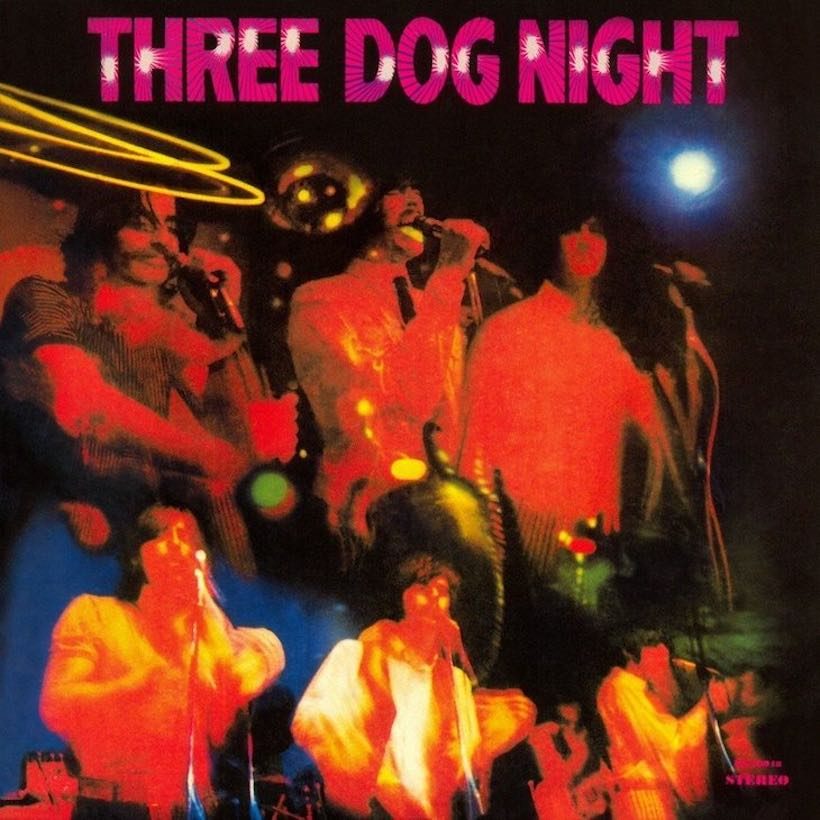‘Three Dog Night’: The Slow But Sure Arrival Of A Rock Institution
The band’s slow-burning, eponymous debut album was all part of the groundwork for a hugely successful run at the top from the late 1960s until the mid-1970s.

The nationwide impact of Los Angeles outfit Three Dog Night was by no means instant. Formed in 1967, they didn’t release their debut, self-titled album until late the following year, on October 16, 1968, and had to wait three months to see it on the Billboard chart. But that was all part of the groundwork for a hugely successful run at the top from the late 60s until the mid-70s.
The first single from the album, “Nobody,” failed to reach the Hot 100, while the second, a version of the much-covered “Try A Little Tenderness,” went to No.29. That was four places below the 1967 peak of what, for many, was the definitive cover of the song, by Otis Redding. The Jimmy Campbell, Reg Connelly, and Harry M. Woods copyright had already been in circulation for some 35 years, dating back to the 1932 recording by Ray Noble and his Orchestra.
One was the magic number
But it was the third single from Three Dog Night that really announced their arrival. “One,” written by Harry Nilsson, had been released by the emerging singer-songwriter himself as part of his Aerial Ballet album in late 1967. The next year, it was cut by Al Kooper for his debut album.
But the TDN version raced into the U.S. charts and climbed to No.5, winning gold certification as the first of what would be 11 Top 10 hits over the next five years. Subsequent versions of “One” included renditions by Chris Clark, Bobby Vee, and the New Seekers.
Listen to uDiscover Music’s Three Dog Night Best Of playlist.
The Three Dog Night LP responded with a 62-week chart span in which it went to No.11 and went gold the following August. In 2008, it turned to platinum, the band’s one such certification amid a remarkable sequence of 11 gold albums.
Buy or stream Three Dog Night.












